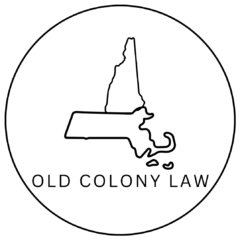HADLEY, MA — Today, the Massachusetts Supreme Judicial Court issued an opinion that may cause married couples to rethink their long term care planning and cause those who don’t have a plan at all to act.
The opinion sorted a dispute between a deceased spouse’s estate and the government agency charged with overseeing Massachusetts Medicaid (which in turn oversees the administration of government nursing home care) regarding the inclusion assets owned by a spouse for the purposes of determining Medicaid and nursing home eligibility.
The now-deceased nursing home applicant was not able to access his wife’s financial information, which he needed in order to complete his Medicaid application.
The case illustrates that even though married couples have some legal room to adjust how they own their assets between the two of them, there are limits. In fact, much of the Medicaid rules are specifically designed prevent married couples from circumventing the underlying eligibility rules.
At Old Colony Law, we believe that putting Medicaid front-and-center of the estate planning process is often contrary to clients’ wishes. In our view, Medicaid planning and estate planning are two completely different things.

